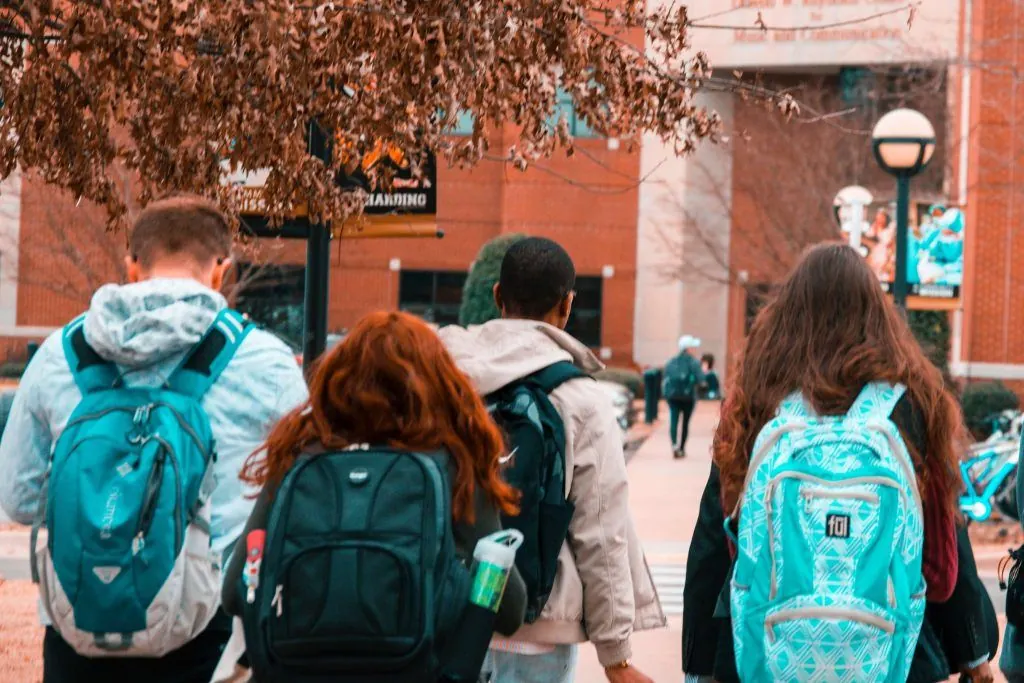California Court Rules Colleges Should Protect Students
I’m Ed Smith, a Personal Injury Lawyer in Sacramento. The California Supreme Court ruled last week that public colleges in the state must protect their students from possible violence on campus and other school-related activities off-campus. The court warned that if colleges fail to protect students, they can be held liable. The decision came in a lawsuit filed by a University of California at Los Angeles student who was stabbed by a classmate in 2009.
Watch Youtube Video ~ Assault Victim Can Sue UCLA for their Failure to Protect Her. California’s highest court ruled that a student who used to attend the campus and was stabbed by her classmate can now sue the University of California at Los Angeles for failing to protect her from her attacker. The seriously injured student argued that her assailant was treated for his mental illnesses and had even been barred from UCLA’s campus housing due to an earlier physical altercation. The new Supreme Court ruling overturns a 2015 Appeals Court ruling which said that colleges “are not liable for the criminal wrongdoing of mentally-ill third parties.”
The Incident
Katherine Rosen, a UCLA pre-med student who was 20-years-old at the time, was stabbed multiple times by her classmate during a chemistry lab course. Damon Thompson, then 20-years-old, also slashed her throat, almost killing her. According to reports, Thompson was in the lab doing his classwork when he unexpectedly took out a knife and began attacking Rosen from behind, stabbing her in the neck and chest.
Thompson’s Background
According to court documents, Thompson, who was from Belize, transferred to UCLA in 2008. He soon started complaining to school officials that other students were bullying him and warned of catastrophic consequences. He later said he began hearing voices. He was checked into the campus mental health services in the spring of 2009. Thompson had been diagnosed with a major depressive disorder and possibly schizophrenia and reported hearing voices and insults in his classrooms and dorm. That summer he got expelled from university housing after getting into an argument with another student. He agreed to seek treatment in the fall. However, he denied that he wanted to hurt anyone and continued with school.
The Sentencing
Initial reports showed the suspect and the victim had an argument, but prosecutors argued that the attack was unprovoked and that the suspect apparently attacked the victim for no reason. Thompson acknowledged that he attacked Rosen and was charged with attempted murder. He was later found not guilty because of insanity and sent to a mental hospital.
The Lawsuit
Rosen sued the University of California advisors and several UCLA employees. In her suit, Rosen claimed that school officials neglected to warn her and other students that Thompson was suffering from hallucinations and could be violent. Rosen stated there were prior reports made about Thompson’s paranoid and aggressive behavior. Rosen also said she was not aware that Thompson was getting treatment from the university’s mental health services facility and had stopped taking medications.
The Defendant’s Argument
UCLA argued it could not have known what Thompson would do that day. It also claimed that the university had no legal obligation to protect their students from assaults in the same way that elementary and secondary schools do.
Supreme Court’s Ruling
A California Court of Appeal agreed with the university. But on March 22, 2018, nine years after the attack on Rosen, the California Supreme Court unanimously overturned the lower court’s decision and allowed Rosen’s lawsuit to move forward.
The ruling comes at a time of increased campus violence that has spurred demands for mental health treatment and better safety measures in schools. The court referred to the school massacre at Virginia Tech in 2007 when Seung-Hui Cho shot and killed 32 teachers and students before killing himself.
Safety Measures at Universities
The court did not elaborate on the safety measures a college must take after learning of a student’s threat of violence against other students. But in a statement, Associate Justice Carol Corrigan said students depend on their universities for a safe learning environment. She continued that university students may not be minors anymore, but they still need guidance to navigate the world as young adults and count on their colleges to provide that safety.
Significant Ruling
The California Supreme Court’s ruling is the first in the nation to explain the special relationship between a university and its students. The court said similar to transportation corporations and their passengers, or hotel operatives and their guests —colleges must act wisely to protect students from acts of violence that school officials anticipated.
Related Articles by Ed Smith ~
Personal Injury Lawyer & Wrongful Death Lawyers
I’m Ed Smith, a Personal Injury Lawyer in Sacramento. If you or a loved one suffered a serious injury, you can call me at (916) 921-6400 or (800) 404-5400 for free, friendly legal advice. You can also reach me online.
I’ve been assisting residents of Northern California and Sacramento for 35 years with personal injury and wrongful death cases.
I belong to milliondollaradvocates.com a forum designed for trial attorneys who have won more than a $1 million for their clients. You can see all my Verdicts and Settlements.
To learn more about my firm and me, check out my client reviews on:
Photo by Stanley Morales from Pexels
:cha [cs 917] bw cv

